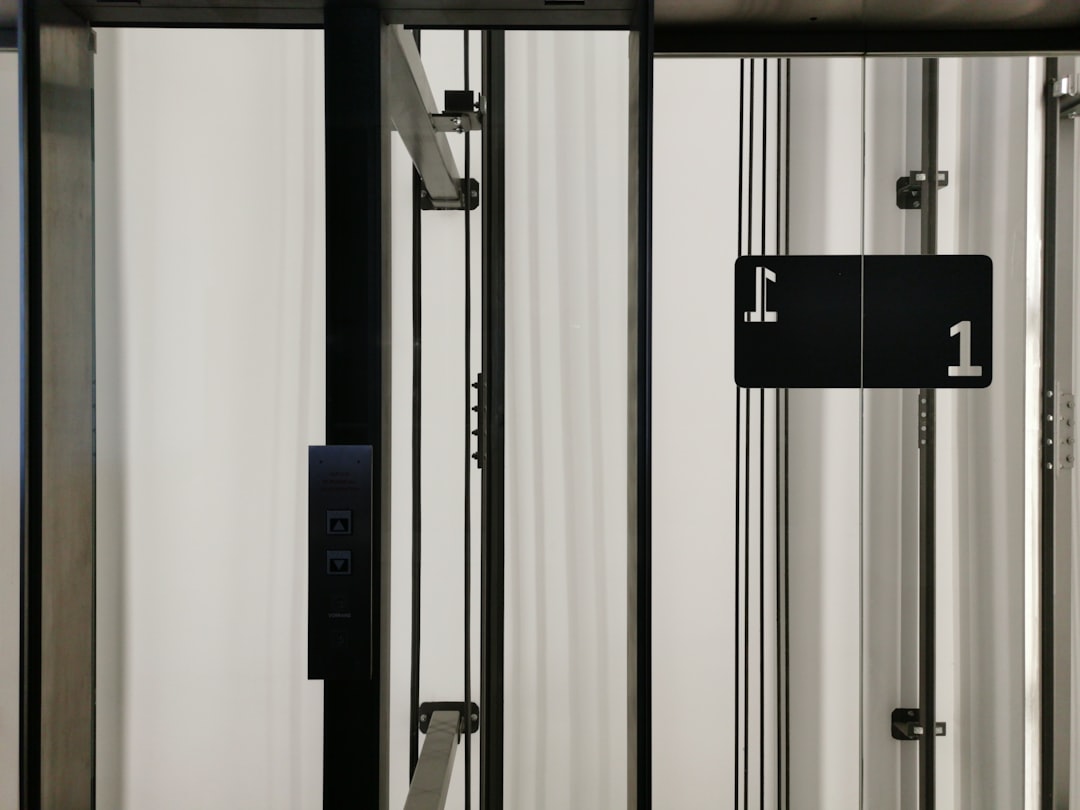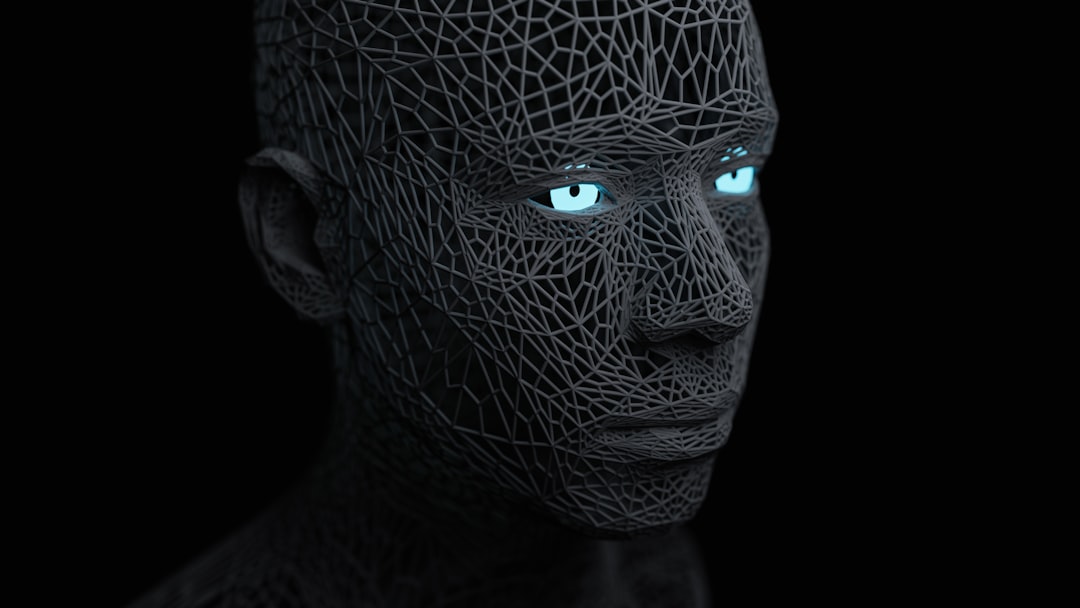In an era of increasing concerns about online privacy and data protection, users are more aware than ever about how their personal information is handled by digital tools, including Artificial Intelligence applications. Among these tools, ChatGPT, powered by OpenAI, is utilized by millions of users for an array of tasks — from casual conversation to business communication. This widespread usage raises one essential question: Does ChatGPT offer end-to-end encryption (E2EE)?
End-to-end encryption is a robust security protocol commonly used in applications like messaging services, where only the communicating users can read the messages exchanged. It ensures that no intermediary service — not even the service provider — can access or decrypt the content.
ChatGPT and End-to-End Encryption: The Facts
Currently, OpenAI’s ChatGPT does not offer end-to-end encryption for conversations. This means that while communication channels may be protected through measures such as HTTPS or TLS, the content of user queries and responses can technically be accessed by OpenAI. These interactions may be preserved for a limited time and analyzed to improve the AI system, depending on the user’s account settings and preferences.

OpenAI states that they take data privacy seriously. Users can manage their data settings to limit how much information is retained by the service. Additionally, enterprise clients using ChatGPT Team or ChatGPT Enterprise plans have enhanced privacy options, though these do not yet include full end-to-end encryption.
Why Isn’t End-to-End Encryption Implemented?
There are several technical and operational reasons why ChatGPT doesn’t incorporate E2EE at this time:
- AI Model Training: Accessing user data allows OpenAI to refine and advance its models for better accuracy and functionality.
- Resource Monitoring: Without content access, it becomes significantly harder to detect abuse, ensure security, and monitor system health.
- Computational Overhead: E2EE imposes increased complexity and costs, especially at the scale and responsiveness expected from conversational AI.

Security Measures Still in Place
While end-to-end encryption is not applied, OpenAI implements robust security practices, including:
- Transmission Encryption: All data sent between a user’s device and OpenAI’s servers is encrypted using standard HTTPS protocols.
- Access Controls: Data stored by the platform is protected through access restrictions and monitoring for unauthorized access attempts.
- User Anonymization: Where applicable, data is stripped of personal identifiers before being used for training or analysis.
For users concerned about privacy, the platform also offers options to disable chat history, reducing the likelihood of data being stored or utilized for training purposes.
Future Possibilities
OpenAI may explore implementing end-to-end encryption in the future, especially as user demand for secure and private AI interactions grows. With regulatory scrutiny tightening on data usage and privacy, it’s likely that more granular control over data — including encryption — will become a standard expectation.
That said, implementing E2EE in a system as complex and interactive as ChatGPT presents unique challenges. Maintaining functionality while ensuring content remains encrypted to all parties except the user is a delicate technical task that requires innovative solutions yet to be widely adopted at scale.
Frequently Asked Questions (FAQ)
- Q: Is my chat data with ChatGPT private?
A: Your data is private in the sense that it is not shared publicly. However, it is not encrypted end-to-end and may be stored or reviewed by OpenAI depending on your settings. - Q: Does ChatGPT use HTTPS?
A: Yes, communication between your device and ChatGPT servers is secured using HTTPS. - Q: How can I prevent ChatGPT from storing my data?
A: You can disable chat history in your settings, which prevents your conversations from being used for training purposes. - Q: Is my data used to train the AI?
A: By default, user data may be used to improve the AI, but this can be turned off in data control settings. - Q: Will future versions of ChatGPT support end-to-end encryption?
A: It’s possible. OpenAI has not confirmed this yet, but growing demand for strong privacy measures could encourage its development.
